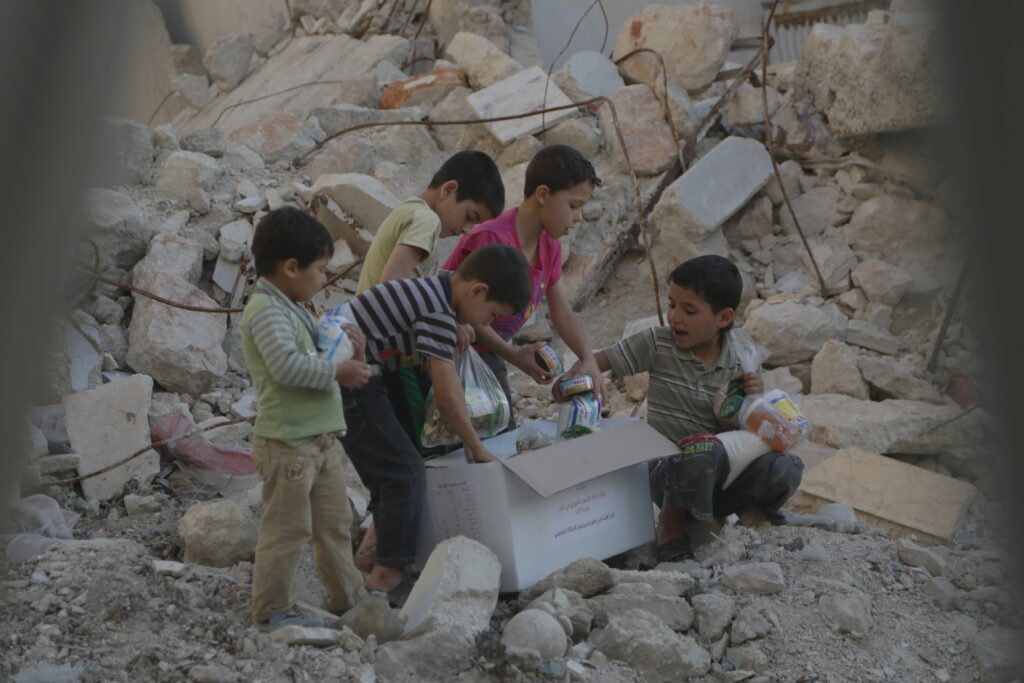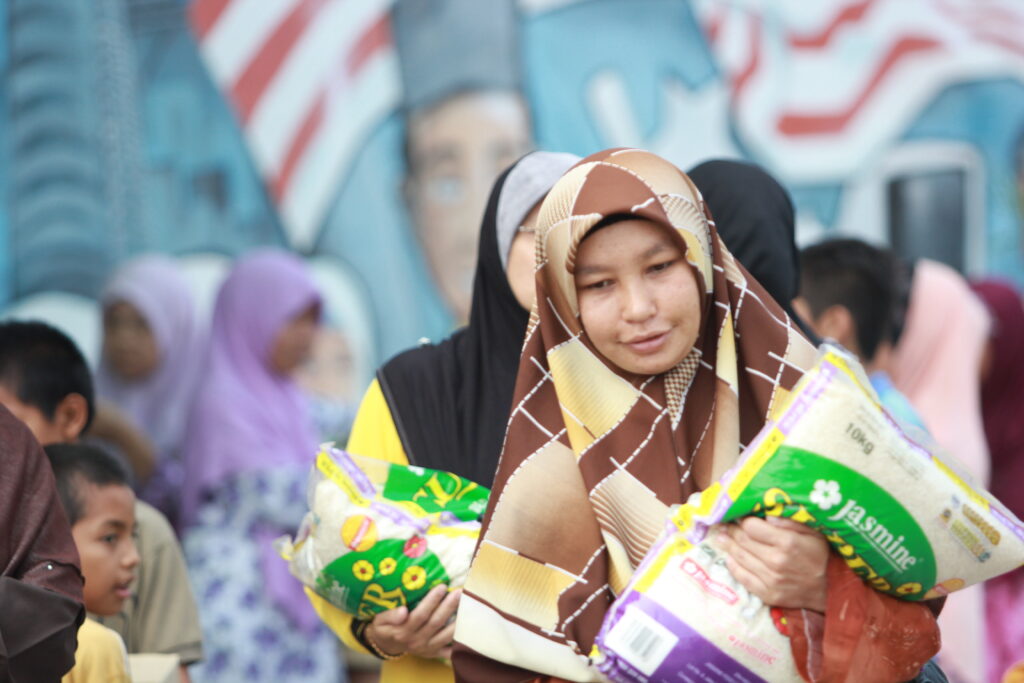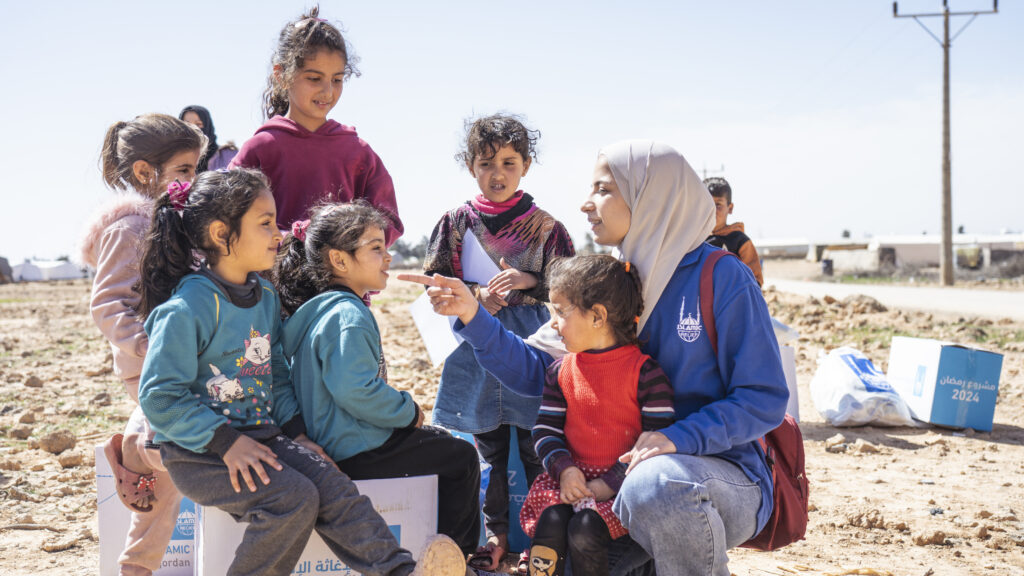ZAKAT & FIDYAH

Zakat
Did you know? The wealth we possess is not solely ours. In every blessing and provision Allah bestows upon us, there is a rightful share for those in need – the poor, the needy, orphans, and other eligible recipients who await our helping hand.
Zakat is an obligation commanded by Allah SWT; it is a means to purify our wealth and cleanse our hearts from greed and excessive attachment to worldly possessions. More than that, zakat is a symbol of compassion and care, connecting the hearts of those who give and those who receive.
Linguistically, zakat carries the meanings of purity, cleanliness, growth, blessing, and increase.
In the context of zakat, purity and cleanliness refer to purifying our wealth and cleansing the hearts of the wealthy from stinginess and greed. It also serves to cleanse the hearts of the poor from envy and resentment towards the rich.
From the perspective of syarak, zakat means giving a specified portion of certain wealth to eligible recipients (asnaf) once the conditions set by Islamic law are fulfilled.
The Wisdom Behind the Obligation of Zakat
Zakat is the fifth pillar of Islam. Among the wisdom and objectives behind Allah SWT making zakat obligatory are:
- To redistribute a small portion of wealth from those who have more to those who are less fortunate.
- To purify the soul of the zakat payer.
- To cleanse and bless the wealth of the zakat payer.
- To cultivate a sense of gratitude among the wealthy for the blessings bestowed by Allah SWT.
- To reduce feelings of envy among those who are less fortunate.
- To strengthen the relationship between a servant and Allah SWT, as well as between fellow human beings.
- To give the wealthy an opportunity to worship through giving from their wealth.
- To foster unity within the Muslim community in matters of economy and finance.
- To offer society a way of managing wealth and economic affairs that is pleasing to Allah SWT.
- To bring peace and tranquillity to the hearts and minds of those who fulfil this obligation.
At Islamic Relief Malaysia, we ensure that your zakat contributions are distributed transparently and effectively through various humanitarian and development programmes, both locally and globally.
Every ringgit of your zakat carries great hope, helping struggling families generate income, keeping children from dropping out of school, and easing the burden of those facing illness or hardship.
By giving zakat, we not only fulfil our duty as Muslims but also become part of the solution to build a more resilient and prosperous society.

Within our wealth lies the right of others… fulfil your zakat today.

Fidyah
Fidyah is a penalty payment imposed on someone who is unable to make up their missed fasts from Ramadan before the arrival of the following Ramadan.
Sometimes, we are prevented from fasting due to health reasons, chronic illnesses, or other excuses permitted by syarak. Fidyah is an opportunity for us to fulfil this obligation by helping those in need. It is not merely a payment, but a reflection of our compassion and sense of responsibility towards Allah and towards others.
Paying fidyah is compulsory. However, paying fidyah does not exempt a person from making up the missed fasts, they are still required to replace the days they could not fast, according to the number of days missed.
Imagine: the fidyah you pay could become a meal on the table of a poor family, or help the elderly, single mothers, or orphans get their basic needs. It may seem like a small act, but its impact is significant in the lives of those who struggle every day.
At Islamic Relief Malaysia, the fidyah you contribute will be distributed with integrity and transparency, ensuring it truly reaches those who are eligible and in need.
The fidyah rate is calculated based on the current market price of rice (the staple food of the population) measured by the amount of one cupak. This rate varies depending on the price set by the local authorities.



